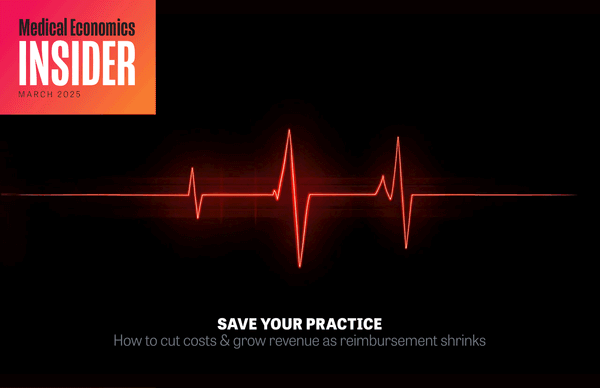
The federal government has spent about $5.8 billion through the Meaningful Use program to encourage doctors to buy and use electronic health records in their practices. What have physicians, their patients, and taxpayers gotten for that money so far?


